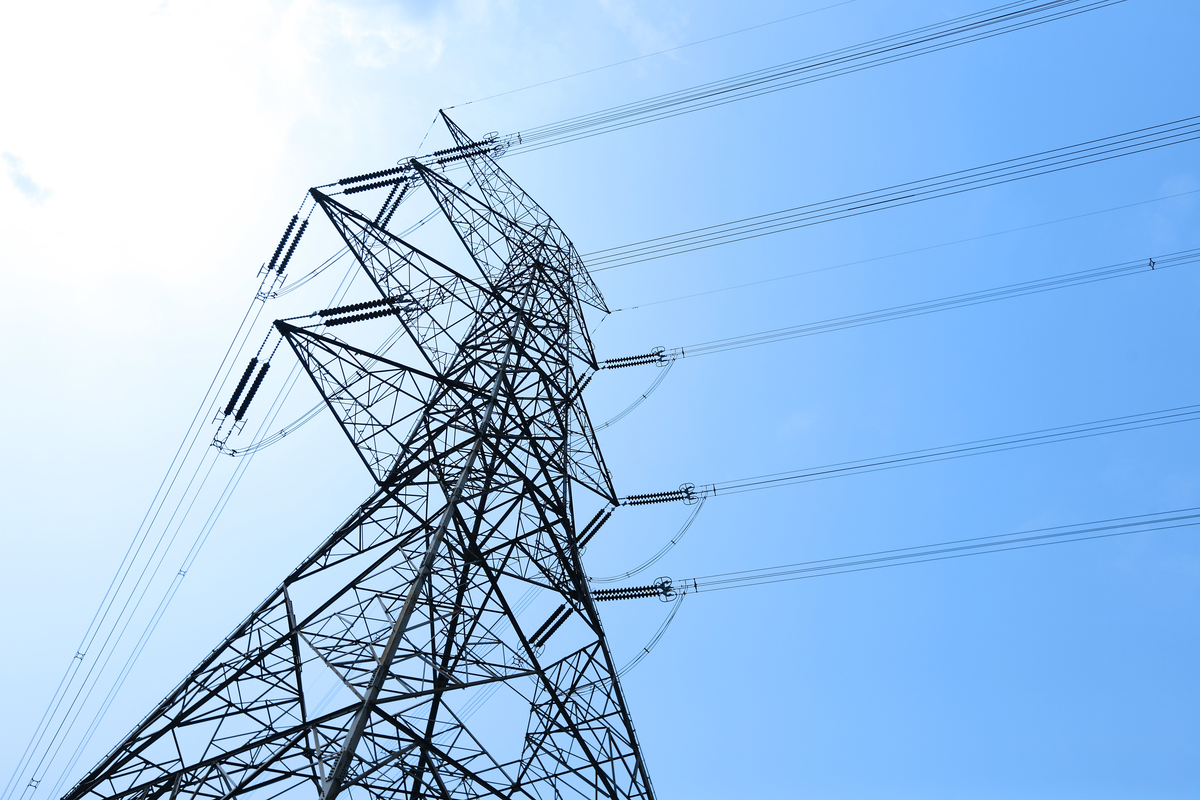Dear visitor,
You're reading 1 of your 3 free news articles this quarter
Register with us for free to get unlimited news, dedicated newsletters, and access to 5 exclusive Premium articles designed to help you stay in the know.
Join the UK's leading credit and lending community in less than 60 seconds.
National Grid: Inflation and cost-of-living poses “significant challenges”
The National Grid has reported a 107% pre-tax profit increase in the 2021/22 financial year - rising from £1.6bn to £3.4bn.

Senior Journalist, covering the Credit Strategy and Turnaround, Restructuring & Insolvency News brands.
The multinational business, which focuses on the transmission and distribution of electricity and gas, has however highlighted how the recent rises in energy prices - coupled with the wider cost of living crisis - poses a “significant challenge” to the business.
The operator of Britain’s energy grid explains the recent rises in energy prices have made its push to deliver a “fair energy transition with affordability at the heart” an even greater priority. As part of this work, it says it managed to “keep bill rises minimised through new rate agreements, and progressed its £400m cost efficiency programme across the group.
The cost of living issue is particularly acute for it in the UK as it’s taken initial actions to support the frontline work of Citizens Advice. As part of this, it’s provided £1m worth of support to develop the systems and tools to provide advice and guidance, and a further grant of £1m to provide energy bill payment vouchers to those most in need.
Commenting on the results, the National Grid’s chief executive John Pettigrew said: “The world has changed dramatically over the last year, with the tragic war in Ukraine, a global economic slowdown, and rapidly rising inflation. The UK and US communities we serve are facing significant cost of living challenges, at a time when further urgency is needed to address climate change.”
Pettigrew also commented on the much-discussed idea of a windfall tax on energy companies. The move would see the government impose a one-off levy on North Sea energy profits.
Responding to this, Pettigrew told The Guardian: “A windfall tax is something that I see as a deterrent for investment when we think about the context of the energy transition that we have going on and the level of investment needed to support the climate change targets … and the increasing desire for energy independence.
“It’s really important that we don’t have deterrents on investment for projects, for technology and for job creation. I would worry about a windfall tax doing that.”
This goes against what BP chief executive Bernard Looney told The Times earlier this month who, when asked whether its planned £18bn investments in the UK would drop if a windfall tax were imposed, said: “There are none that we wouldn’t do.”
Pettigrew told The Guardian: “I can’t talk for BP and Shell, but I can tell you that for someone who’s investing in assets that are going to be in the ground for 40, 50, 60 years, having a stable regulatory and policy environment is massively important.
“The benefits of that stable environment is you are able to raise capital privately, and therefore not put pressure on the public purse at the lowest cost possible, which flows through to customers.”
Stay up-to-date with the latest articles from the Credit Strategy team
Get the latest industry news





